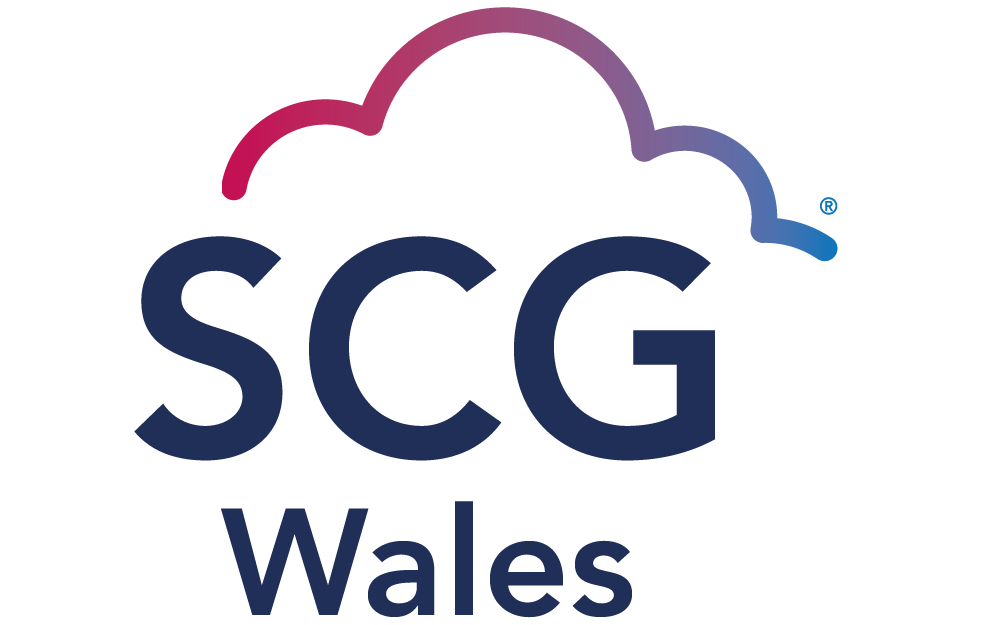Adopting a digital transformation strategy to your business can improve operations, customer experience and ultimately…
What exactly is AI and how is it transforming business collaboration?
Posted on 30th July 2018 under Blog.
Tags: AI, Artificial IntelligenceThe current view that AI is an all-changing, end-of-world event and something to be feared is misplaced. Few really understand the practical changes that we’ll see in our day-to-day working lives due to AI, or the benefits that AI could bring to organisations.
AI can take many forms. In our home, technology advancements allow you to control devices with applications such as scheduling a light to turn on at sunset. Apple’s Siri or Amazon’s Alexa are already changing the way we interact with technology by using voice recognition –all with the objective of saving time and effort.
The digital era has made countless and rapid changes to the landscape of business. But most recently, it is AI that’s bringing great changes to the way people do business, especially in collaboration environments.
AI is also changing CRM systems. Software like Salesforce or Zoho require a substantial human intervention to remain up to date and accurate. But by applying AI to these sorts of platforms, a normal CRM system is transformed into a self-updating, auto-correcting system that stays on top of your relationship management for you.
The pace of change is rapid and it’s the meeting room that we’re likely to see AI make its first real appearance into the workplace, particularly with remote working on the rise. We look at the possible ways AI will transform business collaborations.
Personalised user experience

Businesses can already operate some devices with advanced technology, such as the ability to launch and control presentations.
But technology is constantly evolving. It is predicted AI will be able to detect an employee’s presence and adapt to individual user requirements. Microsoft recently revealed an AI device that does just this, by using facial recognition technology to scan a meeting room and identify its participants.
AI devices then have the potential to connect with other devices such as tv screens, computers, lighting and temperature controls – adjusting the heat as people enter or leave the room.
The technology could even change the configuration of computer terminals and screen sharing devices, based on the people using them. For example, an automatic setup where the relevant presentation is displayed for each client that enters the room, which is functional for clients as well as impressive.
Virtual assistance

Virtual assistance is another key feature of AI technology. This technology can use microphones to capture and transcribe everything said in real-time. The voice recognition and transcription work with any language and offers subtitles, which could potentially make standalone translation devices obsolete.
AI has the ability to manage simple but time-consuming administrative roles in meetings and assign key tasks to participants, such as sending them follow-up reminders and sharing calendar invites based on what was discussed.
It is possible to gather insights and analytics from AI technology to gain an understanding of how each room in the workplace is being used. It can identify when rooms are unoccupied turning off lights and air conditioning units – reducing office costs by minimising energy usage. AI can even identify and resolve an error in the system, without the need for any human integration.
Improved working environments
Research highlights that 3 in 10 business professionals believe most of their meetings are unproductive and over two-thirds were regularly irritated by technology issues during meetings. However, when technology worked correctly, nearly three-quarters of meeting room participants were more engaged.
AI has the ability to improve a meeting room environment and enhance productivity, from using time-saving elements offered by the virtual assistance and automated meeting room technology. Collaboration, especially during international meetings can be streamlined with speech recognition and subtitles without the need for a third-party translator.
Whilst AI technology may sound futuristic or potentially expensive – the benefits to workplace efficiency and productivity it could bring will be immeasurable. As AI technology improves, the ROI for a business will become harder to ignore, and it will be a matter of time before companies need to install AI technology to survive and thrive, in a modern business climate.
Related Posts
- Is your wireless network prepared for new digital technologies?
- How to work faster and smarter with the cloud
Many businesses are now adopting cloud technology and taking advantage of many organisational tools. These…

